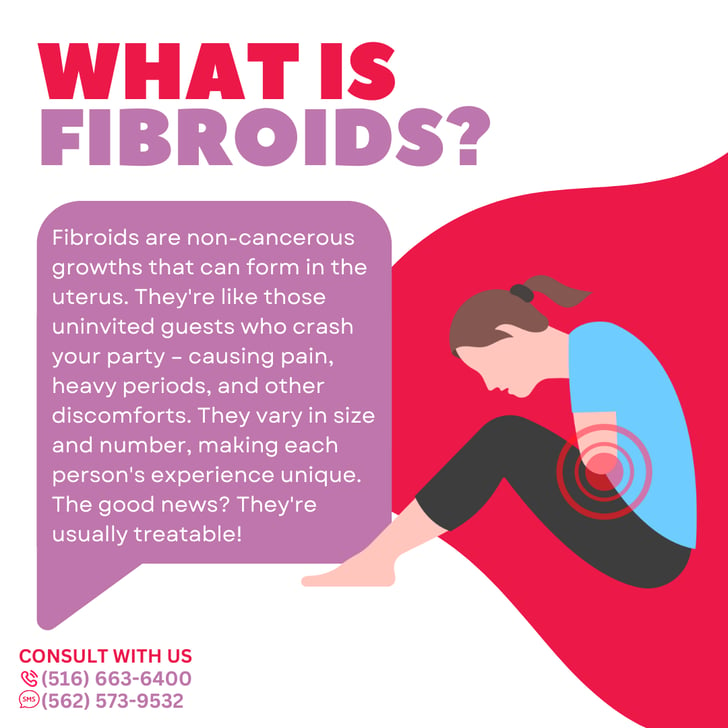Fibroids: Vital Consultation
Fibroids, common in women, impact health. Non-cancerous growths in the uterus bring discomfort. Consult a skilled Garden OBGYN for effective management.

Understanding Fibroids and the Importance of Consulting a Garden OBGYN
Fibroids can be a concern for many individuals, especially women, affecting their health and well-being. These small, non-cancerous growths in the uterus can lead to discomfort and various health issues. Seeking guidance from a knowledgeable healthcare professional, such as a Garden OBGYN, can make a significant difference in managing fibroids effectively.
What Are Fibroids?
Fibroids, also known as uterine leiomyomas, are benign tumors that develop in the muscular wall of the uterus. They are quite common, with many women experiencing them at some point in their lives. Fibroids can vary in size, ranging from as small as a pea to as large as a grapefruit. They are typically not associated with an increased risk of uterine cancer.
Common Symptoms:
Fibroids can cause a range of symptoms, including:
- Heavy Menstrual Bleeding: Excessive and prolonged menstrual bleeding is a common symptom of fibroids. It can lead to anemia and fatigue.
- Pelvic Pain: Some individuals experience pain or discomfort in the pelvic region, lower back, or during intercourse.
- Frequent Urination: Large fibroids can press against the bladder, causing increased frequency of urination.
- Bloating: Fibroids might result in a feeling of fullness or bloating in the abdominal area.
- Reproductive Issues: Depending on their location and size, fibroids can interfere with fertility or cause complications during pregnancy.
Why Consult a Garden OBGYN?
A Garden OBGYN, specialized in gynecology and obstetrics, can offer essential expertise in managing fibroids. Here's why consulting them is crucial:
-
Accurate Diagnosis: Garden OBGYNs have the skills and tools to accurately diagnose fibroids. They can determine the size, location, and potential impact on your health.
-
Personalized Treatment Plans: Each individual is unique, and so are their fibroids. A Garden OBGYN can tailor a treatment plan that suits your specific needs, whether it's monitoring the fibroids, medication, minimally invasive procedures, or surgery.
-
Expert Guidance: Garden OBGYNs can guide you through your options, explaining the benefits and risks of each. They empower you to make informed decisions about your health.
-
Minimally Invasive Procedures: If intervention is required, Garden OBGYNs are skilled in performing minimally invasive procedures like uterine artery embolization and laparoscopic surgery. These techniques often involve shorter recovery times and less discomfort compared to traditional surgery.
-
Holistic Care: Garden OBGYNs focus on your overall well-being. They consider both your gynecological and general health, ensuring a comprehensive approach to fibroid management.
-
Fertility Support: If you're concerned about fertility, Garden OBGYNs can help address these worries. They can provide strategies to preserve fertility while managing fibroids.
In conclusion, fibroids can significantly impact a person's quality of life, but with the assistance of a Garden OBGYN, effective management is possible. These professionals offer tailored solutions, expert guidance, and a holistic approach to ensure you receive the best care possible. Don't hesitate to consult a Garden OBGYN if you're experiencing fibroid-related symptoms—it's a step toward better health and well-being.
































